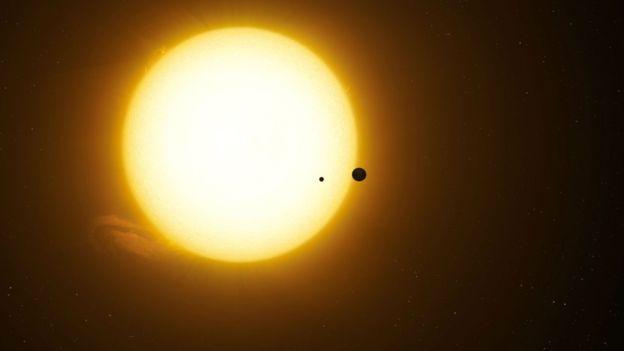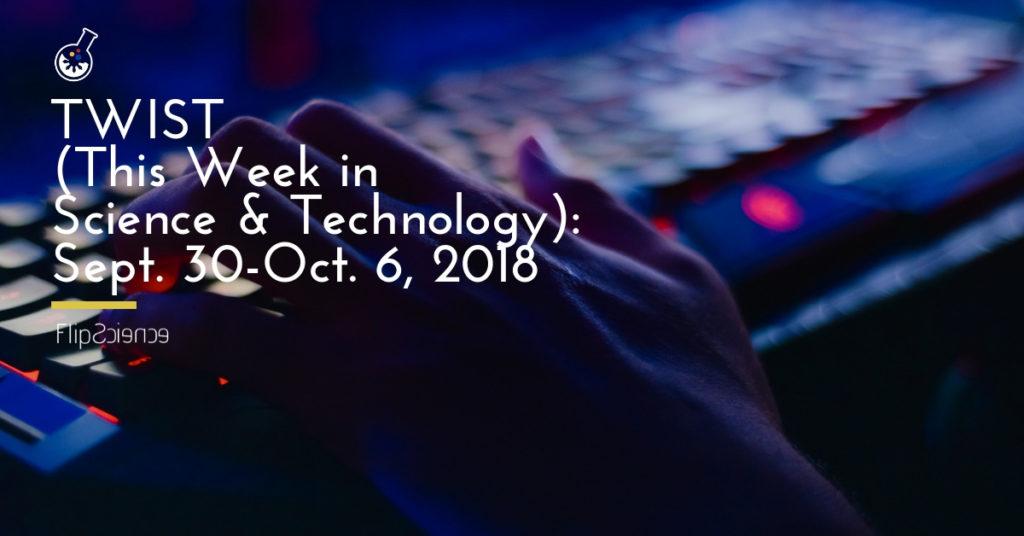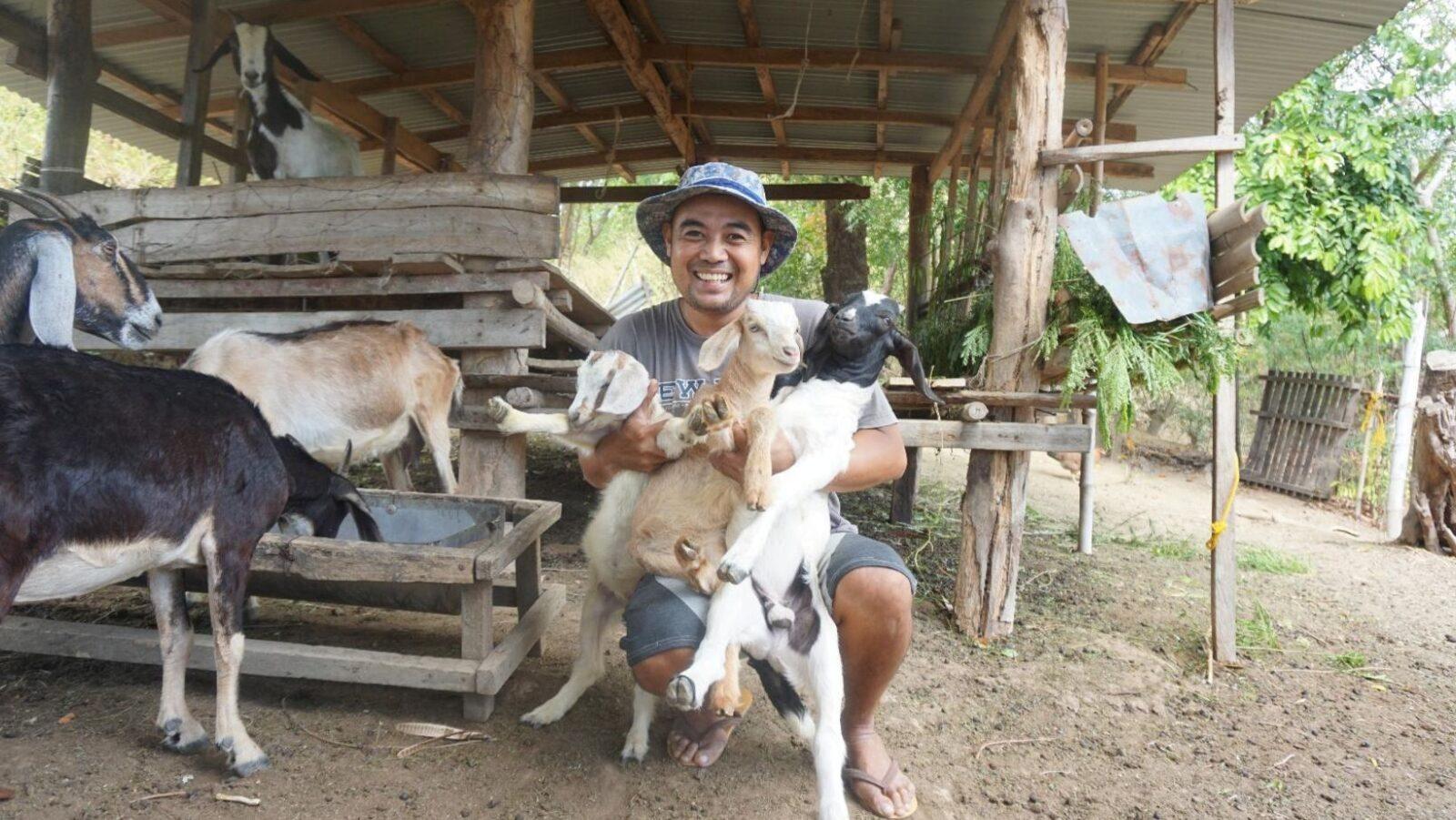ICYMI: A handful of science and technology updates from September 30 to October 6, 2018.
DOST-PCIEERD, DTI hold Inclusive Innovation Conference
The Philippine Council for Industry, Energy and Emerging Technology Research and Development (DOST-PCIEERD) partnered with the Department of Trade and Industry (DTI) for the 2018 Inclusive Innovation Conference, which was held from October 2 to 3 at the Sofitel Manila. The two-day event bore the theme Filipinnovation for Entrepreneurship and Inclusive Growth. Among the highlights of the conference were tech pitches from Pinoy innovators funded by DOST, as well as talks and panels tackling the present and future of entrepreneurship and tech in the Philippines.
NOW HAPPENING: Inclusive Innovation Conference 2018: Filipinnovation for Entrepreneurship and Inclusive Growth at Sofitel Philippine Plaza Manila
#iamDTIph #IIC2018 #Filipinnovation
Posted by DTI Philippines on Monday, October 1, 2018
UP Diliman kicks off STS month celebration
UP Diliman’s month-long Science, Technology, and Society (STS) event began on October 4 with Paglulunsad, its official opening activity. Aside from special messages and presentations from significant figures in the Philippine S&T scene, Paglulunsad also served as the formal launch of the Agham Para sa Bayan exhibit, which will run until October 11.
Thank you so much, PTV-4 (special shoutout to Sky Quizon), DZUP, and FlipScience for covering our event!
Everyone,…
Posted by Johanna Mok L. Añes on Thursday, October 4, 2018
Scientists turn blood cells into human egg cells
A team of scientists from Japan’s Kyoto University reported success in creating immature human egg cells out of human blood. Extracting cells from human blood to turn into pluripotent stem cells — cells that can give rise to other types of cells in the body — and inserting them into tiny ovaries made from the embryonic cells of mice, the researchers succeeded in turning the samples into human eggs, albeit ones that were deemed unsuitable for fertilization. The study, said to be the first of its kind in the world, was published in Science. Read the full story.
“Grinning skull” asteroid set to pass by Earth

The so-called “Halloween Asteroid.” Credit: Jose Antonio Peñas/SINC
A skull-shaped asteroid is expected to whoosh past our planet come November 11. The asteroid, given the designation 2015 TB145, was first spotted in 2015. It is approximately 2,047 feet (625 meters) wide. It is expected to fly by about 24 million miles (or 38 million km) away from our planet. Read the full story.
Pioneering researchers win 2018 Nobel Prizes
The winners of the 2018 Nobel Prize in Science have been revealed:
James P. Allison and Tasuku Honjo won the Nobel Prize in Physiology or Medicine for work in immunotherapy.
Gérard Mourou and Donna Strickland won the Nobel Prize in Physics for their work with ultrafast laser pulses, while Arthur Ashkin received the award for work with a technique called “optical tweezers.”
George P. Smith and Sir Gregory P. Winter received the Nobel Prize in Chemistry “for the phage display of peptides and antibodies,” while Frances Arnold was awarded “for the directed evolution of enzymes.”
To know more about these scientists and their works, read the full story here.
Astronomers find possible first known moon outside of Solar System

Artist’s rendition of Kepler-1625b alongside its exomoon. (Credit: Dan Durda)
Astronomers have announced that they discovered an “exomoon” — a satellite revolving around a planet roughly 8,000 light-years away. Spotted via NASA’s Kepler spacecraft, the newly discovered exomoon appeared to be as big as Neptune. The results of this study have been published in the journal Science Advances. Read the full story.
Cover photo: Soumil Kumar







